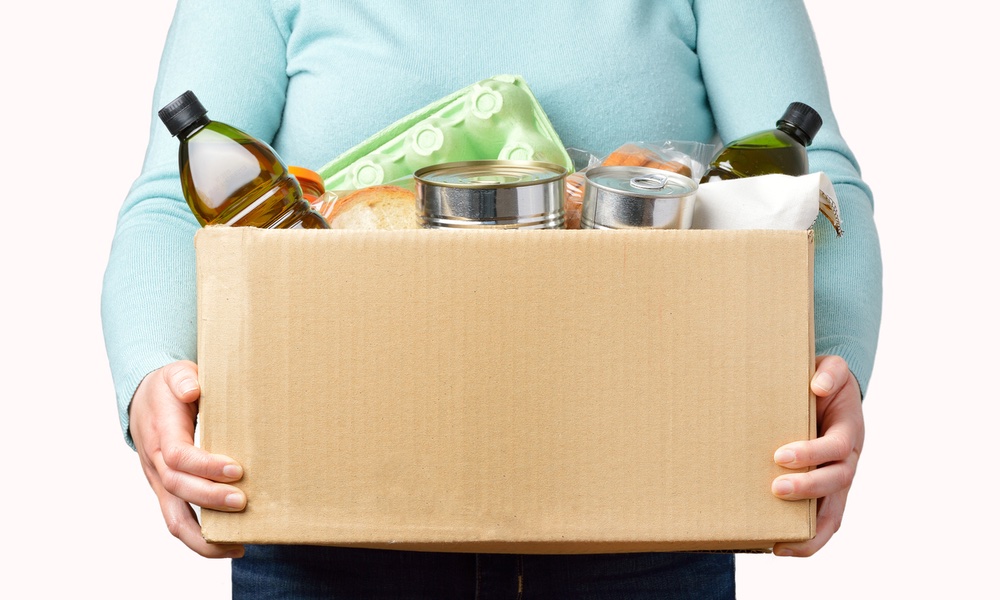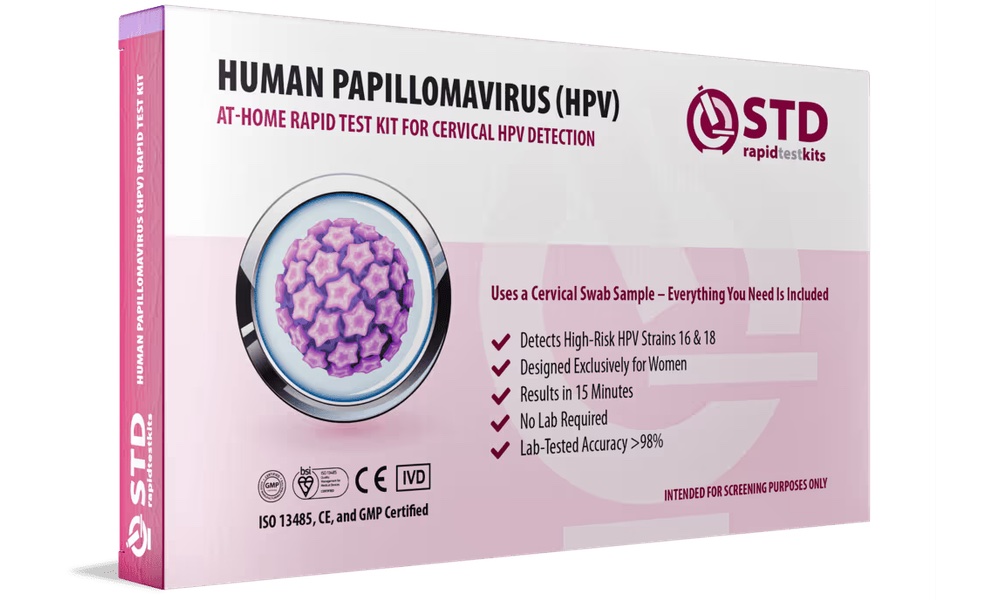Online food delivery services have relieved many people living in urban areas of the need to get to a grocery store. Not only can they load up their carts online, they can save their shopping lists to serve as reminders in the weeks to come. Two bananas, dried beans, three onions, broccoli, chicken, tomatoes, toilet paper — the online shopping and delivery services make keeping a running grocery list easy.
Home delivery of groceries could also improve the nutrition of residents of “food deserts.” A Yale University analysis of online grocery delivery systems finds that the services, which are already up and running in eight states with urban food deserts, can increase residents' access to healthy, fresh food.
“If you live in a food desert, online grocery delivery really stands out as way to get healthy food that potentially can save your life,” said Eric Brandt, lead author of the study. Brandt was inspired by an urban, East Coast neighborhood that was served only by small convenience stores. “I thought, ‘One of the grocery store chains must deliver here — wouldn't that be a better option than trying to build a new brick-and-mortar store nearby or change the way local bodegas are run?’”Having access to a wide range of healthy foods promotes better eating habits and behaviors, reducing the risk of diabetes and cardiovascular disease.
The ability to buy healthy food online and have it delivered means that residents of food deserts don't have to take multiple buses or walk long distances to get groceries. Even better, they won't have to shop only in convenience stores, which rarely carry fresh food.
The benefits are enormous and far-reaching: In the short term, Brandt pointed out that people eligible for the SNAP program will be able to buy foods that provide important nutrients, reduce obesity, boost energy, and can help those recovering from serious physical ailments. And over the long term, having access to a wide range of healthy foods promotes better eating habits and behaviors, which reduce the risk of a variety of serious illnesses.
“When I see patients who have had a heart attack, the cornerstone of their recovery is making better lifestyle choices,” Brandt, a postdoctoral research fellow in the National Clinician Scholars Program at Yale, said. “Part of that has to do with the environment in which they live. It really influences the outcome.”
The study is published in JAMA Network Open.





